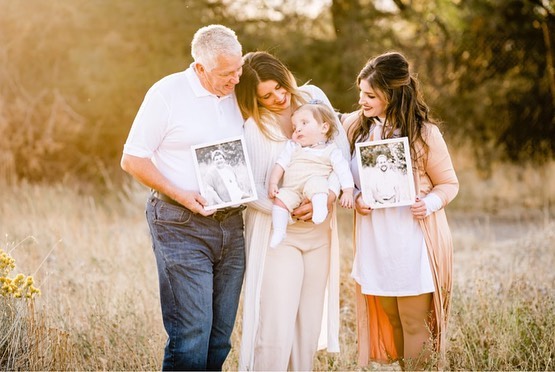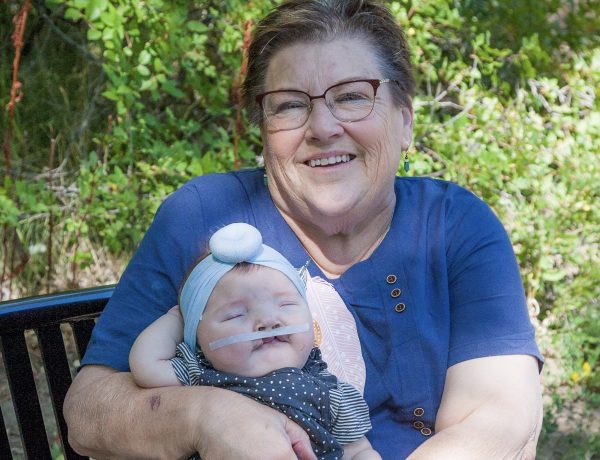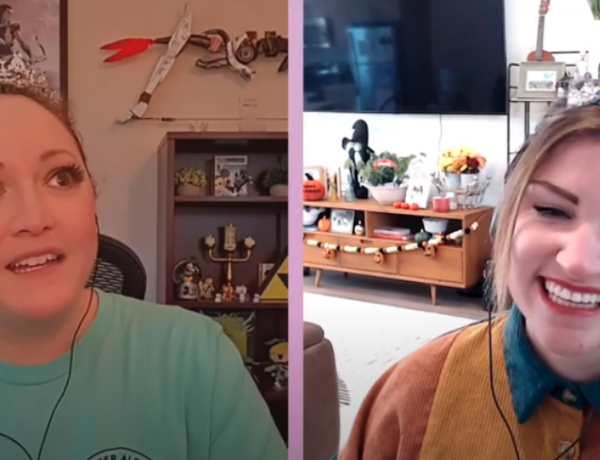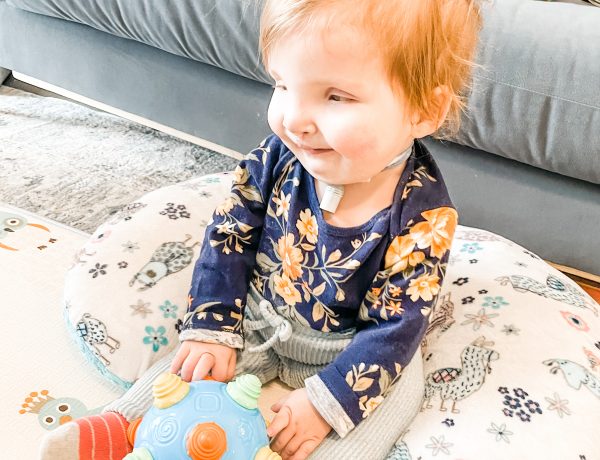When you’re adjacent to someone who has lost a loved one, especially around the holidays, you simply want to show up and support: but it’s hard to know exactly what to do and how to help. Here are a few of the things I found most helpful throughout my grief journey that you can share with those who might need it, too.
And remember: there’s never a right or perfect way to do something, but silence is louder than anything. Showing up counts. <3
1. Terrible, Thanks for Asking.
This podcast has helped me through my griefiest times – with an episode from people experiencing all types of loss and life stores: there’s something that could feel relatable to almost anyone.
When Aaron died, What to Say about Suicide (Part 1) and What to Say about Suicide (Part 2) helped me feel a lot less alone: specifically episode one as survivors shared their stories of loss and empathy. Episode two is a bit more about prevention from those who attempted suicide, which is absolutely worth listening to: but it can be a bit hard and triggering to listen to so soon after surviving a completed suicide loss of a loved one.
If you don’t already know, I also have my own episodes: Kari (Part 1): Aaron and Kari (Part 2): Sloan.
2. It’s OK that You’re Not OK: Meeting Grief and Loss in a Culture That Doesn’t Understand.
I have read this book several times and currently have two copies on my bookshelf: my OG copy that looks rough and torn, and a brand-new copy waiting for the next person who needs it, because it’s the first thing I hand out when there’s a loss: specifically an unexpected or complicated loss.
This is a great front-to-back read, but also a wonderful read for someone in those initial stages of grief who can’t focus or read for very long, needing quick snippets of info to help them feel less alone. Megan Devine also runs Refuge in Grief and facilitates a really amazing, supportive writing community to explore the darkest aspects of grief through creative writing prompts. I joined this group not long after Aaron died, and it helped me tremendously – putting words to realities most people couldn’t face in a safe space with others who understood how dark I really felt. Joining the group does cost a fee, so if you have a friend who loves to write and expresses themselves that way: this group could be a welcome gift.
3. DoorDash. (Way more important than you might realize!)
When loss hits home, so many people show up in kind ways right off the bat. Casseroles, meals, drinks, snacks, etc. And, while there is always gratitude for the support – DoorDash is a grievers’ best friend. Some nights, in those early days, I found myself wanting the greasiest burger with fries and a diet coke – to pretend I was still living an average, burger-eating, diet-coke-drinking life and flying under the radar unnoticed.
DoorDash saved my ass on that front: I could have a burger sent to my door without seeing or talking to anyone, enjoying it as I watched reality TV and disconnected from the world, avoiding feeling like the saddest person on earth for just a moment. But, the biggest plus with DoorDash, is that eventually communities forget about a loss and life moves on. It’s a hard, harsh reality: but true. And when that happens – those DoorDash gift cards will have added up: ready for the most lonely, isolating times of grief and loss. I also needed the greasiest burger and a diet coke then. Heaven on earth.
4. Hot Young Widows Club.
Another book – S/O to the widows out there! My dear fRAm and bestie Darrian had this sitting on an end table at a beautiful home we escaped to right after Aaron died. She has now told me she had a bit of push back on this one with people asking her if it was too soon to give me this book, or if it might be too hard for me to read it and think of myself as a widow….And, being my fRam, she left it on the table ready for me to read anyway: knowing it was my reality and I needed community and connection with people who understood.
So, yep. This was the first book I grabbed, and the first book I (quickly) finished. It’s the perfect balance of realism and humor, a simple read, and helps keep you grounded when you are suddenly widowed at 30 and thinking “okay well there went my entire life!”
It’s also written by the most amazing person who I feel so fortunate to call a friend: Nora McInerny…And speaking of Nora…
5. Nora’s TED Talk: We don’t move on from grief. We move forward with it.
This TED talk from Nora is the most spot-on thing regarding grief out there. It’s perfect for anyone on any step of the grief ladder – in any part of the grief circle. It can help you, the grief adjacent, better understand loss: and it helps the grieving feel less alone.
6. My own link-less, final thoughts.
I mean this in the kindest, most supportive, empathetic way: what happened to your friend could happen to you.
And what happened to the person they lost could happen to you.
I know it’s hard: but imagine it. Sit with it for a moment.
Because these things can happen to any of us. Any circumstance, type of loss, illness: nobody is immune from any aspect or hardship of life.
So remember as you navigate supporting your friend through this season: see them as still human, support them how they want to be supported and follow their lead, and avoid grief-ey tropes like “I can’t imagine!” or “I’m here if you need anything!” or “Everything happens for a reason, they’re in a better place now!”
Show up with action. Connect 1:1. Lay off the judgment and flex your empathy gene by showing up in meaningful, creative ways.
My DMs are open and I (try) to respond as much as I can. If you have ideas or questions as a grief-adjacent person, I am currently in a space where I would love to help as you’re supporting friends this holiday season.
And – lastly – thank you for reading this and being here. That already means you’re caring, showing up, and wanting to support those who need you the most.
<3
Kari



